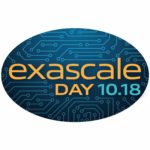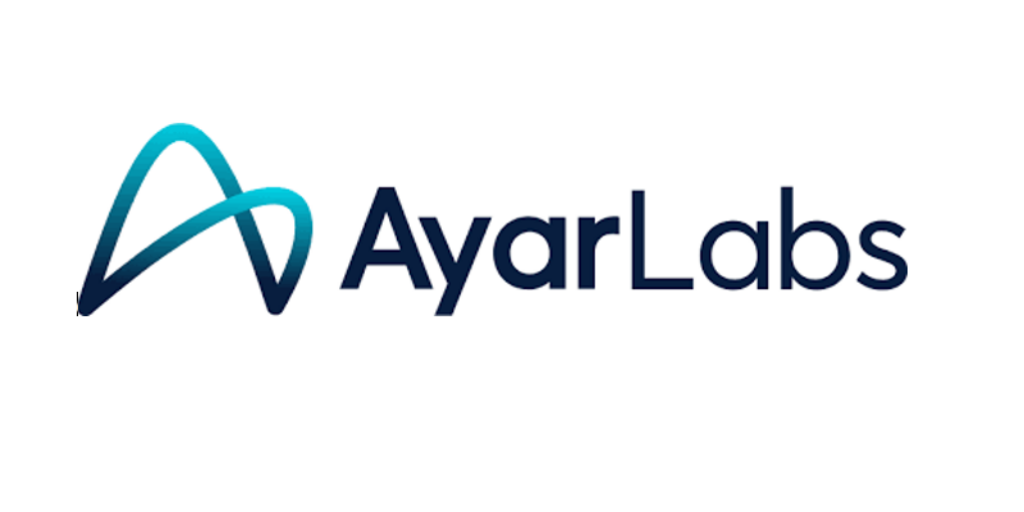The U.S. Department of Energy’s Innovative and Novel Computational Impact on Theory and Experiment (INCITE) program is now accepting proposals for high-impact, computationally intensive research projects in a broad array of science, engineering and computer science domains. Proposals must be submitted between April 10 and June 14, 2024. Open to researchers from academia, industry and […]
INCITE Call for Proposals for Access to Leadership-Class Supercomputers Open through June 14
ALCF User Community: Call for Argonne Art of Science Images, April 23 Deadline
Argonne National Laboratory has issued call for images for the 2024 Argonne Art of Science Contest.Submission deadline for science visualizations: Tuesday, April 23. For submission and prize details, visit this webpage. This is open to the Argonne Leadership Computing Facility user community, The contest is accepting scientific visualizations of research created using ALCF computing resources. […]
Argonne: ATPESC Training Application Deadline Extended to March 10
The application deadline for the Argonne Training Program on Extreme-Scale Computing (ATPESC) program has been extended to Sunday, March 10. This year marks the 12th year for ATPESC, which provides intensive, two-week training on the key skills, approaches, and tools to design, implement, and execute computational science and engineering applications on current high-end computing systems […]
ATPESC 2024: Applications to Learn about Advanced Computing Due February 28
The annual Argonne Training Program on Extreme-Scale Computing (ATPESC) is scheduled for July 28-August 9, 2024. The call for applications is open through February 28, 2024. The application can be found here. For more information, contact support@extremecomputingtraining.anl.gov The event will be held at the Q Center in St. Charles, IL (Chicago area). The program, which […]
ALCF: Groq AI Online Workshop, Dec. 6-7
The Argonne Leadership Computing Facility will host an online workshop to learn about the ALCF’s new GroqRack system on Monday and Tuesday, Dec. 6 and 7 from 1:30 to 5 pm Central Time. To register go here. The ALCF said the Groq machine’s AI inference capabilities can assist users in making predictions, discovering patterns in […]
SC23 Prep: HPC Experts on Sessions to See and Trends to Watch in Denver
Getting the most out of SC23 calls for good preparation, so as an assist we spoke with four industry experts – Sunita Chandrasekaran of the University of Delaware and the Exascale Computing Project, Earl Joseph of Hyperion Research, Lois Curfman McInnes of Argonne National Laboratory and Addison Snell of Intersect360 Research….
Aurora Exascale Install Update: Cautious Optimism
The twice-annual TOP500 list of the world’s most powerful supercomputers is not universally loved, arguments persist whether the LINPACK benchmark is an optimal way to assess HPC system performance. But few would argue it serves a valuable purpose: for those installing leadership-class supercomputers, the TOP500 poses a challenge and a looming deadline that “concentrates the mind wonderfully.”
@HPCpodcast: Paul Messina and the Journey to Exascale
From the early days of supercomputing through the success of exascale supercomputing, few HPC luminaries have played as important and integral leadership role in HPC as Dr. Paul Messina. So as we observe Exascale Day today, we are delighted to discuss the exascale journey with someone instrumental to the 10 orders of magnitude of improvement in ….
Announcing insideHPC’s New National Lab News Portal
Today marks the launch of insideHPC’s new National Lab News portal, a service for the HPC community that highlights and aggregates the use of HPC technologies at supercomputing centers in the United States and around the world. You can access the portal by clicking on the header in the insideHPC navigation bar, (“National Lab News”), articles will be listed….
Argonne Preps Aurora for Exascale Simulations of Nuclear Reactors
Researchers at Argonne National Laboratory are preparing to use Aurora, the laboratory’s upcoming exascale supercomputer, to delve into the inner mechanics of a variety of nuclear reactor models. These simulations promise an unprecedented level of detail, offering insights that could revolutionize reactor design by improving understanding of the intricate heat flows….












